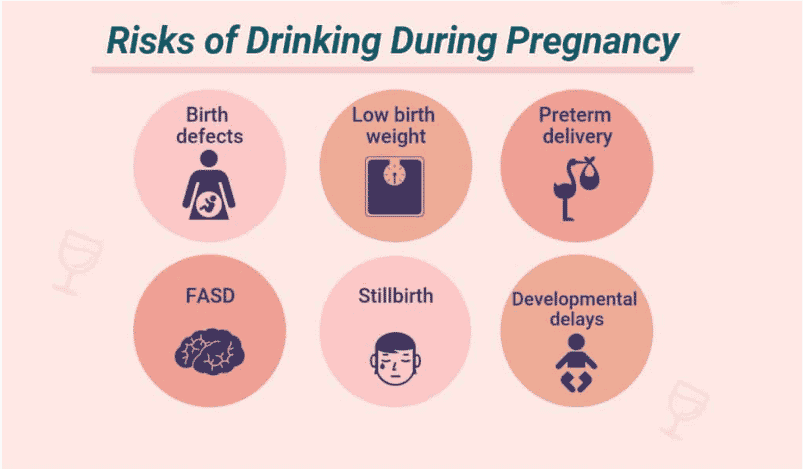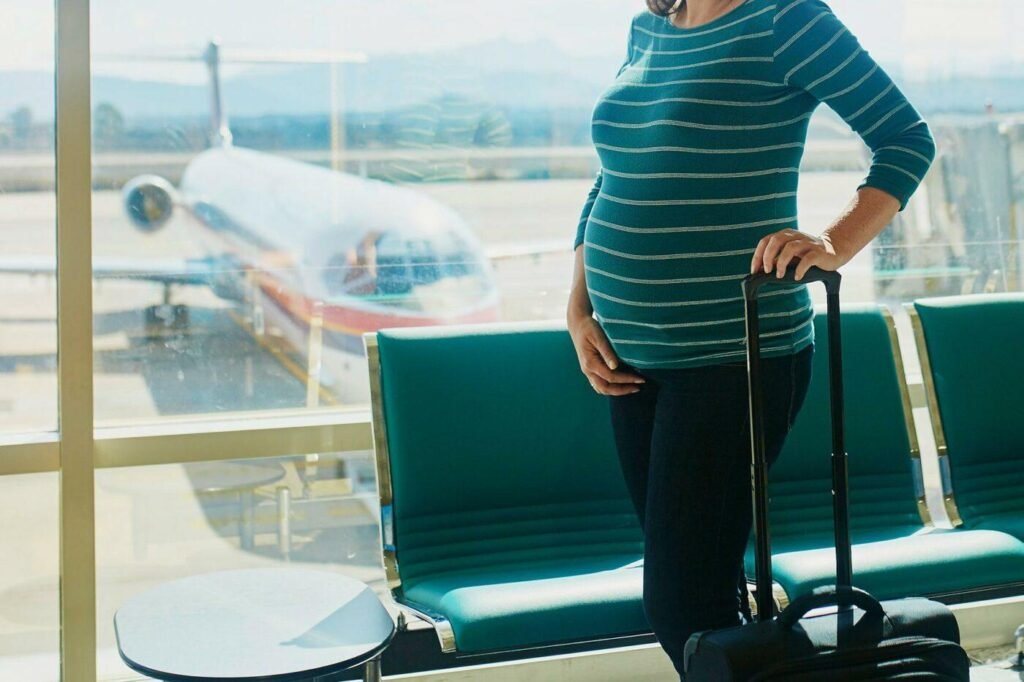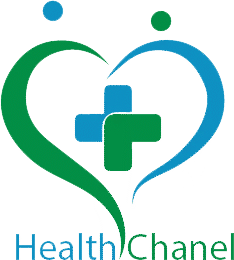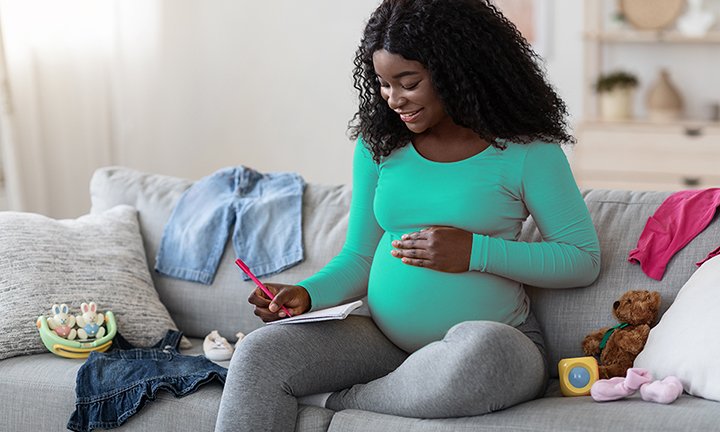Pregnancy is a beautiful journey, but it also comes with a fair share of uncertainties. If you’re wondering, “What should I avoid now that I’m pregnant?”, you’re not alone. It’s natural to feel a bit overwhelmed by the dos and don’ts, especially with all the advice floating around. That’s why we’ve put together this straightforward, research-backed pregnancy guide to help you make informed decisions. Whether you’re in your first trimester or counting down to your due date, this list of the top 10 pregnancy safety rules is here to keep both you and your baby safe every step of the way.
1. Avoid Certain Foods That May Harm You or Your Baby
Let’s start with one of the most common questions: What foods to avoid when pregnant? High-risk items include:
- Raw or undercooked meat, eggs, and seafood
- Unpasteurized dairy and juices
- Deli meats and processed cold cuts (unless heated)
- High-mercury fish like shark, swordfish, and king mackerel
These can carry harmful bacteria like Listeria or toxins that pose serious pregnancy risks. As a rule of thumb, when in doubt—skip it or double-check with your healthcare provider.
2. Say No to Alcohol, Smoking, and Recreational Drugs
This one tops all pregnancy dos and don’ts lists for a reason. Alcohol and drug use can severely impact your baby’s development, leading to birth defects or long-term health issues. Smoking during pregnancy is also linked to premature birth, low birth weight, and respiratory problems.
If quitting feels difficult, don’t hesitate to reach out for professional pregnancy care support.

3. Be Careful with Medications
Not all medicines are safe for pregnancy. Always check with your doctor before taking over-the-counter drugs, supplements, or herbal remedies. Some medications to avoid during pregnancy include certain acne treatments, pain relievers like ibuprofen, and some antibiotics.
Sticking to a doctor-approved pregnancy checklist of medications is one of the smartest safe pregnancy practices.
4. Avoid High-Risk Activities and Contact Sports
Thinking about joining that kickboxing class? Maybe not just yet. Is it safe to exercise during pregnancy? Yes—moderate, pregnancy-safe workouts are encouraged! But avoid:
- High-impact or contact sports
- Activities with a risk of falling (like skiing or horseback riding)
- Heavy lifting without proper support
Gentle activities like walking, swimming, and prenatal yoga are great alternatives.
5. Skip Hot Tubs and Saunas
While a hot soak may sound tempting, high heat can be dangerous during pregnancy—especially in the first trimester. Hot tubs, saunas, and steam rooms can raise your core body temperature and increase the risk of neural tube defects in your baby.
Opt for a warm bath instead, and keep it under 100°F (38°C) for safety.
6. Limit Caffeine Intake
Too much caffeine has been linked to miscarriage and low birth weight. While you don’t have to cut it out completely, most experts recommend keeping it under 200 mg per day—that’s about one 12-ounce cup of coffee.
Add this to your pregnancy checklist, especially if you’re a frequent coffee or soda drinker.
7. Don’t Skip Prenatal Appointments or Vitamin
One of the most important pregnancy safety tips is staying on top of your prenatal care. Regular checkups help your doctor monitor your baby’s development and catch potential issues early.
Also, don’t forget your prenatal vitamins—especially folic acid, which supports your baby’s brain and spine development.
8. Avoid Stressful Environments and Prioritize Rest
Pregnancy is hard enough without added stress. High stress levels have been linked to complications like preterm labor and low birth weight. Prioritize mental health, get enough sleep, and ask for help when you need it.
Safe pregnancy is about more than avoiding physical dangers—emotional wellbeing is just as important.
9. Rethink Travel Plans—Especially Late in Pregnancy
Can I travel while pregnant? In most healthy pregnancies, traveling is safe during the second trimester. But always check with your doctor, especially if you’re flying, going abroad, or nearing your due date.
Avoid:
- Long-haul travel late in the third trimester
- Destinations with limited access to medical care
- Areas with travel advisories or infectious disease outbreaks
Always pack your prenatal records and know where the nearest hospital is.

10. Don’t Ignore Warning Signs
Every pregnancy is unique, so it’s vital to listen to your body. Seek immediate care if you notice:
- Heavy bleeding
- Severe abdominal pain
- High fever
- Sudden swelling or headaches
- Decreased baby movements (especially in the third trimester)
Being aware of the red flags is a top rule in pregnancy safety tips for first trimester, second trimester, and especially the third trimester.
Final Thoughts
Knowing what not to do during pregnancy can feel like a long list, but think of it as part of your self-care routine. These pregnancy precautions are here to protect you and your little one, not stress you out. Bookmark this article as your go-to pregnancy guide and refer back as needed.
Whether you’re in the early weeks or heading into your final trimester, these top 10 pregnancy safety rules are a simple yet powerful way to stay safe, healthy, and informed throughout your journey.
For more tips, Click here

